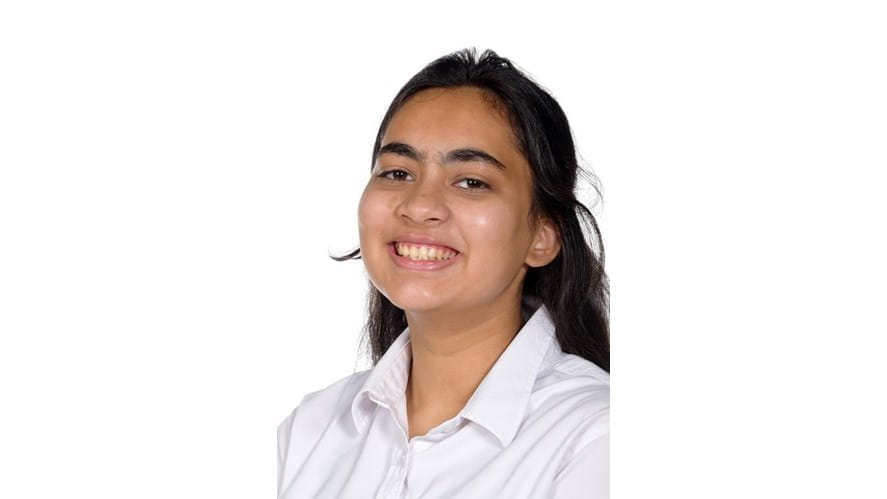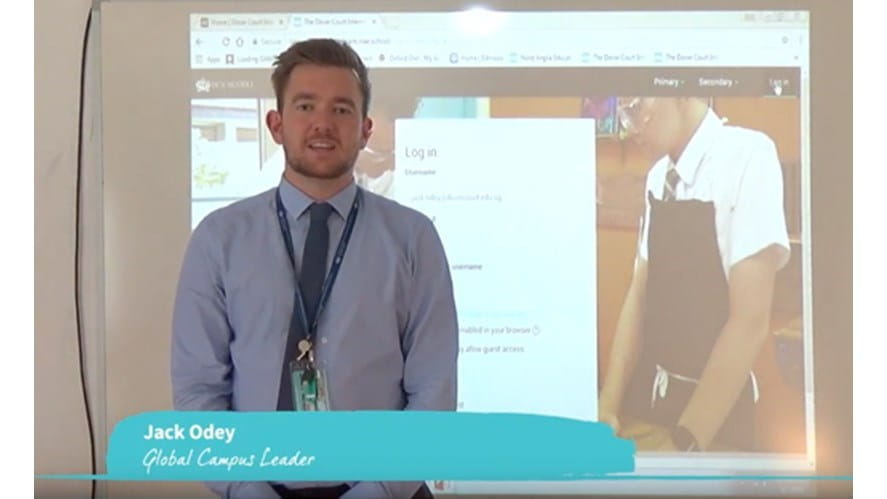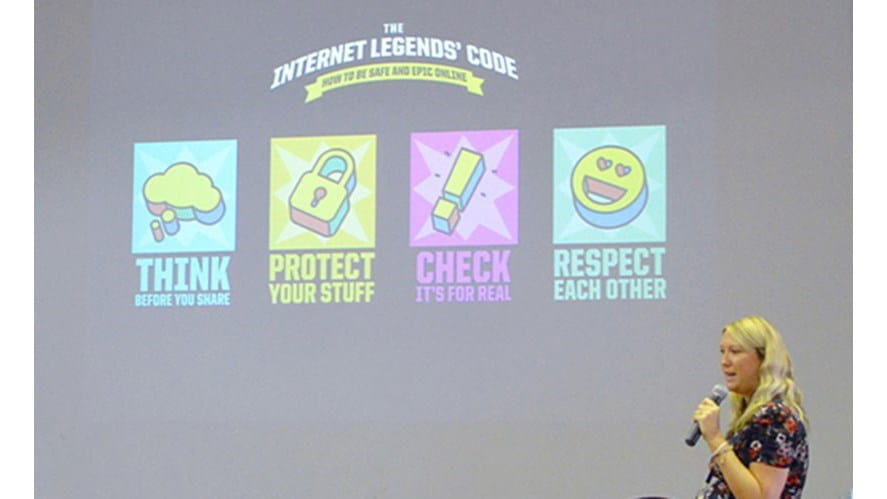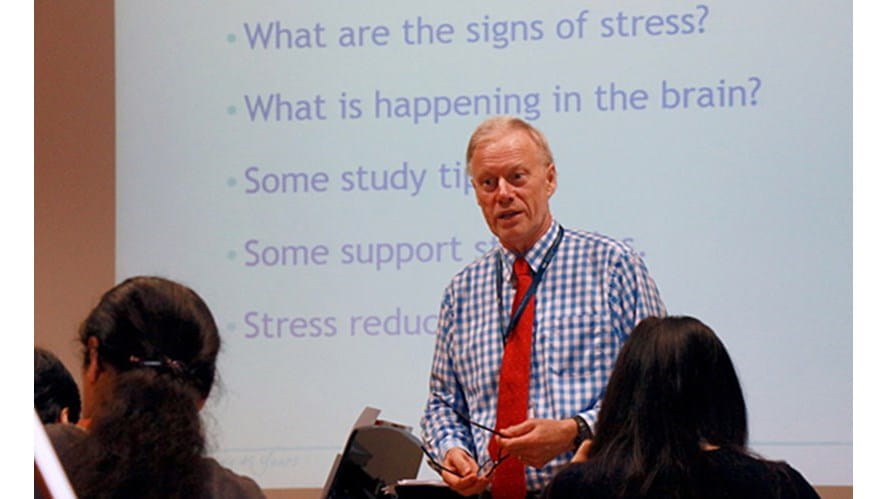Student Blog Post: War and its Literary Influences
This blog post is the first in a series of blogs written by Year 12 IBDP students, participating in the Global Issues ECA. The ECA aims to explore key issues in our global society and present them to you in a clear, engaging and exciting way. Global Issues are defined by 3 things: being significant on a large scale, occurring across nations, and felt in everyday local contexts. Examples include gender inequality, mental health stigmatisation, immigration, war, climate change – the list goes on! We aim to do the research and analysis of these and present our findings via this blog and our podcast; DCIS:The Discussion.
This blog post is the first in a series of blogs written by Year 12 IBDP students, participating in the Global Issues ECA. The ECA aims to explore key issues in our global society and present them to you in a clear, engaging and exciting way. Global Issues are defined by 3 things: being significant on a large scale, occurring across nations, and felt in everyday local contexts. Examples include gender inequality, mental health stigmatisation, immigration, war, climate change – the list goes on! We aim to do the research and analysis of these and present our findings via this blog and our podcast; DCIS:The Discussion.
Global issue: Impact of War and Escalation of War
By Maleeha, Year 12
Joseph Heller, in his famous book- Catch 22, said- “Just because you’re paranoid, doesn’t mean they aren’t after you.” This somewhat summarises very well, the impact of the escalation of war has on a country’s soldiers and citizens.
Take the hostile situation between Russia and Ukraine, for example. Military reports suggest that Russia is 70% ready to invade and has more than 100,000 troops ready on the border, but deny any decision to attack. For the people not living in Eastern Europe, life seems normal right now. The days and nights seem endless with opportunities, but can the same be said for the families living in Ukraine? Or Russia? Or any of its neighbouring countries?
Statistics say Russia’s invasion of Ukraine could result in 50,000 deaths and that is just a guess. The real number could be much higher than that. As people speculate about the future of the country’s governments and their decisions and how it will impact the world on a large scale, no one seems to pause and think about how this will impact its citizens on a smaller scale. It is eventually the people who will have to fight if it comes down to a war, and like Heller said, “It doesn't make a damned bit of difference who wins the war to someone who's dead”, which is what mostly happens to soldiers.
It is important to note that soldiers weren’t always soldiers, they were citizens before being handed the responsibility of fighting for their country. They had normal lives that did not involve seeing death and destruction everyday. They had families to think of and loved ones to care for; but all of that is considered immaterial once a young man is enlisted for war, because then he is a soldier; not a man, but a soldier.
War has long existed in the society that we live in. Some argue that it is necessary for change whether good or bad while others argue that it is useless and serves no purpose save for the selfish, personal gain of governments and specific people. Both these points are valid, however, there is a more significant aspect that was disregarded by most people until the 20th century: the value of the lives of the soldiers that are lost to war.
The first and second World Wars changed this perspective of people through several revolutionary poets like: Wilfred Owen, Siegfried Sassoon, Rudyard Kipling and many more. Their poems make more of an impact because of the truth behind them. Owen fought in the trenches and experienced shell shock before being sent to France and dying two days before the war ended. Sassoon served with the Royal Welch Fusiliers in France. Kipling was sent to fight in France in Amiens.
Their personal histories compelled the public to listen to their side of the story and understand the impact war has on the soldiers who are forced to fight in these conditions. It all seems pointless, when the true ‘gainers’ from the war are the rich and the high-ranked and the governments. Not the simple people whose lives are lost in war.
The main aim of these poets, on a large scale, can be inferred that it was to write down the atrocities of war, in a way that it impacts and influences future generations so they don’t make the same mistakes that previous generations did.
Nevertheless the debate still exists. Eventually, did not the new society improve due to war? Would not our present be completely different had not the events in the past taken place? Were not the sacrifices necessary to accomplish the new society in which we live in now?
These questions will always be argued upon. However, it is not necessary to find a tangible answer to these questions. What is necessary, is to understand the impact war and the escalation of war has on the mentalities of people. This is the first step towards recognising and accepting the controversies of war and hence, preventing the worst of them.
Listen to our podcast - DCIS: The Discussion
Literature & War:
Poetry:
Siegfried Sasson:
- They
- The Death Bed
- Memory
- Banishment
- The Last Meeting
Wilfred Owen:
- Disabled
- Dulce et decorum est
- Anthem for doomed youth
- Futility
- Insensibility
- Strange Meeting
- The Last Laugh
Rudyard Kipling: ‘Justice’
Harvey Shapiro (American poet- WWII)
- Walker under Water
- The Eye
- The Sights along the Harbour
Novels:
- Catch 22, Joseph Heller
- All Quiet on the Western Front, Erich Maria Remarque
- The Nightingale, Kristen Hannah
- Kite Runner, Khalid Hosseni
- War and Peace, Leo Tolstoy







